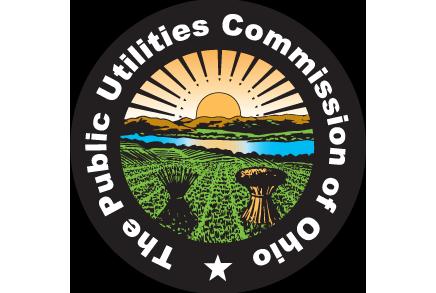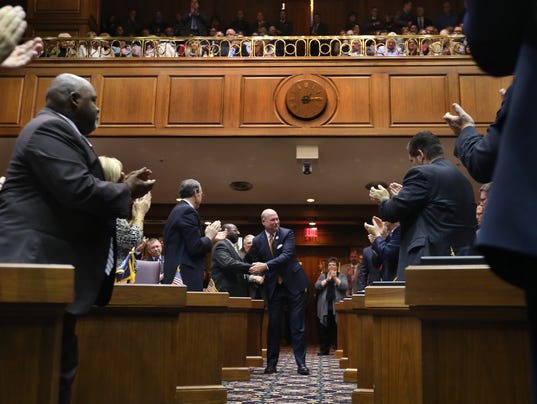After talks with solar developers reached an impasse, Xcel Energy announced plans Tuesday to strictly limit the size of community solar projects in Minnesota.
In a letter to the Minnesota Public Utilities Commission, the state’s largest utility said it will prohibit developers from co-locating 1 megawatt (MW) gardens together at a site.
Within the next 31 days Xcel will scale all co-located solar garden proposals with aggregated capacity of greater than 1 MW down to just 1 MW.
Different developers can co-locate gardens at the same site but they must total 1 MW or less and any attempts at large-scale community projects will be rejected, Xcel said.
“What’s driving us is we’re seeing a small number of developers really aggregating a lot of one-megawatt projects together and creating what is a utility-scale solar sized project rather than something that is more suitable for a community-based program,” said Aakash Chandarana, regional vice president of rates and regulatory affairs.
Of the 560 MW of community solar applications, around 80 percent involved co-located projects, he said. Although state statute restricts solar gardens to 1 MW or less the PUC has indicated support for co-located gardens in the past.
Chandarana argues that the state statute does not support co-located projects that would result in utility-scale solar installations. The company is using the letter to inform the PUC of how it will implement the program with the 1 MW gardens, he said.
Even with the restriction, Xcel will still have at least 80 MW of community solar, making Minnesota’s program one of the largest in the country, he said.
Xcel is not prohibiting customers from going to several different solar developers to buy community solar power, added Chandarana.
Since the community solar law only allows a customer to buy 40 percent of the power from a solar garden the result may be larger customers having to work with more than one developer to fulfill their renewable energy needs.
Developers are disappointed with Xcel’s response and believed the matter of co-located 1 MW projects had been settled. Dustin Denison, board chair of Minnesota Solar Energy Industries Association (MnSEIA), said the filing shows Xcel’s “defiance of the PUC and defiance of state statute…this is their third or fourth attempt to stop a train that has left the station.”
Denison believes that by creating uncertainty in the program, development may cease next year over concerns that Congress might not extend an important solar investment tax credit that has helped grow the industry.
David Amster-Olszewski, CEO and founder of Sunshare, believes the PUC has said clearly in the past that the program should move forward and allow for co-located 1 MW gardens from a single developer.
He sees the “unilateral” move as “a pretty strong stance for the company” and believes many of the larger proposed co-located sites will never be built. Instead, he sees Xcel’s effort as a negotiating position that may lead a different cap on co-location.
“It’s like when they ask for a 10 percent rate increase and then they settle with a five percent rate increase,” he said.
In a prepared statement, Minnesota Community Solar’s cofounder Peter Teigland “applauded” Xcel’s commitment to solar energy while pointing to a PUC ruling last year allowing for co-located 1 MW gardens.
“Doing so takes advantage of shared infrastructure and drives down prices for consumers,” he said. “We are puzzled that Xcel would re-open this settled issue.”
The problem of co-located sites
Xcel argues utility-scale community solar is too costly. Xcel pays roughly twice as much for power generated by community solar gardens as compared with typical utility-scale projects, said Laura McCarten, regional vice president.
“Those costs are paid completely by our customers,” she said, and could potentially increase ratepayers’ bills by 1 or 1.5 percent.
John Farrell, one of the architects of the community solar law and a policy expert at the Institute for Local Self-Reliance, said Xcel may have a point.
“Is the compensation price right?” he asked. “The compensation level might not be right but their solution is a hammer blow to community solar.”
Xcel chose not to use the Value of Solar, which may have potentially offered a more fair price, he said.
“I don’t understand why they are not using the solution we have provided them,” he said. “But I don’t think they have a lot of statutory basis for this argument…it’s an argument over potential revenue loss.”
Farrell adds the conversation should be whether Xcel is overpaying to community solar developers. The solution should not be reducing the program by more than 80 percent, he said.
Xcel’s move comes after announcements by solar developers that large customers such as Ecolab, Inc. and Macalester College would be offsetting their entire energy consumption through solar gardens.
The utility promised to refund money spent by developers on additional costs incurred during the submission of applications that are no longer valid under the 1 MW mandate.
Under its plan, a developer’s first eligible project could advance and other submissions at the same site would be rejected. All fees for additional co-located submissions would be refunded.
Developers have applauded Xcel’s record on solar energy in general. Chandarana pointed out the utility plans to add 2,400 MW of solar in the future, including 700 MW of distributed solar on rooftops and community gardens.
The Institute for Local Self-Reliance is a member of RE-AMP, which publishes Midwest Energy News.






